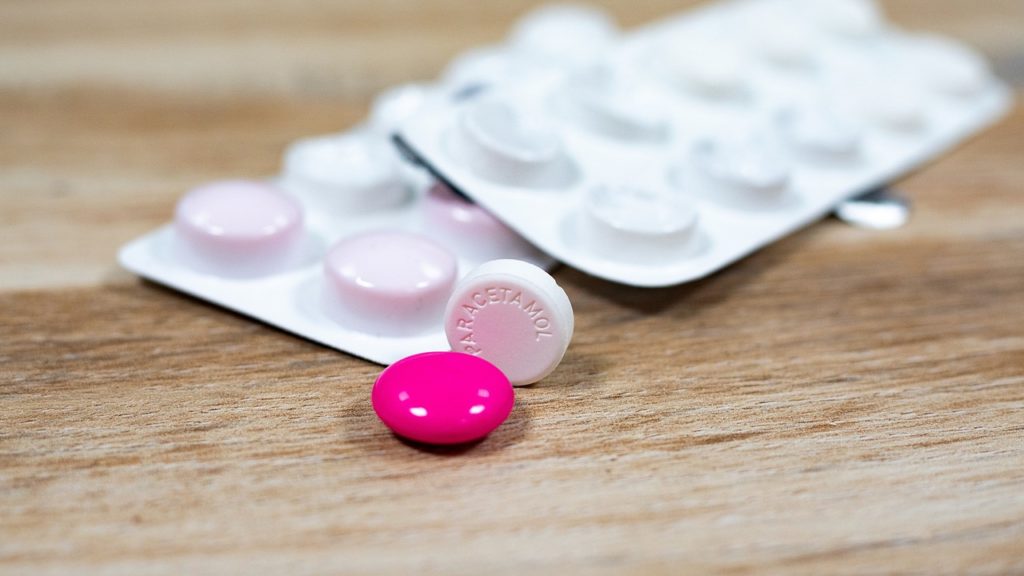
- Researchers at Mass General Brigham tested a remote patient education and navigation program with 200 patients who had type 2 diabetes and elevated cardiovascular/kidney risk.
- Patients who received education simultaneously with treatment were more likely to begin and adhere to treatment while a period of education before therapy initiation was inferior for prescription acceptance and therapy uptake.
- The study highlights the importance of “striking while the iron is hot” and the potential for remote, team-based care to bridge healthcare gaps and enhance patient outcomes.
A new study by investigators from Mass General Brigham demonstrated that a remote team focused on identifying, educating and prescribing therapy can improve guideline-directed-medical-therapy (GDMT) adherence in patients with type 2 diabetes and high cardiovascular and/or kidney risk. The research team observed that patients who received education simultaneously with medication management demonstrated a higher rate of medication uptake and initiated treatment earlier compared to patients who received education over two months before medication management. Their results were presented at the 2024 American College of Cardiology’s Annual Scientific Session and simultaneously published in Circulation.
“Our results suggest that patients are more inclined to adhere to therapy when approached with education and treatment simultaneously and immediately,” said corresponding author Alexander J. Blood, MD, MSc, who presented the results. Blood serves as an attending physician in the Division of Cardiovascular Medicine and the Heart and Vascular Center at Brigham and Women’s Hospital, a founding member of the Mass General Brigham healthcare system. “Providers should ‘strike while the iron is hot.’ If a patient is already interested in investing in their health and willing to meet with you, that’s the time to initiate treatment while providing educational resources.”
Type 2 diabetes, which increases an individual’s risk of cardiovascular and kidney events, affects millions of adults in the United States. Medications such as SGLT2 inhibitors and GLP-1 receptor agonists can improve cardiovascular and kidney outcomes in patients with type 2 diabetes, but data from clinical trials and society recommendations have not led to widespread adoption and utilization of these therapies.
To investigate the impact of patient education on prescription acceptance and therapy uptake, the research team conducted a parallel, randomized, open-label clinical trial. The study was funded by the Novo Nordisk Foundation. They enrolled 200 adult patients with type 2 diabetes at Mass General Brigham, who were at elevated risk of cardiac and/or kidney complications. Patients were randomly assigned to one of two groups. The “education-first” group received a dedicated two-month period of education, consisting of curated patient-centric videos on disease management and medication, prior to treatment initiation via an online portal. The second “simultaneous” group had access to the educational videos but received patient education concurrently with the initiation of their treatment.
Both groups received treatment through a research and clinical care management platform designed and created by the Accelerator for Clinical Transformation at Brigham and Women’s Hospital and Mass General Brigham, which facilitated care coordination among patient navigators, pharmacists, nurse practitioners and physicians. These healthcare professionals guided patients through every step of their engagement with health care and streamlined communication. The platform is part of Mass General Brigham’s larger efforts to transform healthcare delivery by helping patients access services and monitor health from home, especially at a time when hospitals are regularly operating over capacity.
Patients were followed for six months from enrollment or one month after medication initiation, whichever duration was longer.
While patients in both groups experienced benefits such as weight loss and reductions in blood glucose levels by the end of the study, those who received simultaneous education demonstrated a higher retention rate. Specifically, 60 percent of patients in this group were confirmed to have taken their prescribed therapy, compared to 44 percent in the “education-first” group. Additionally, contrary to initial predictions, patients in the “education-first” group did not engage more with the educational platform than those in the simultaneous group.
While the findings suggest that a pre-treatment education period may not be the solution to medication adherence issues, they underscore the potential of remote, team-based care delivery. This approach holds promise in facilitating the implementation of new therapies, bridging care quality disparities, and enhancing healthcare outcomes across diverse populations. The authors describe how the flexibility inherent in remote treatment may extend access to care, particularly benefiting traditionally underserved populations or individuals with busy schedules. Moreover, the inclusion of a patient navigation team fosters ongoing patient-provider communication, providing the personalized support necessary for sustained patient engagement in their care.
“We strongly believe that remote care programs that leverage non-licensed navigators, clinical pharmacists, and team-based care, together with a care delivery platform, will improve operational efficiencies and communication and thereby address many of the persistent problems in health care,” said Benjamin M. Scirica, MD, MPH, principal investigator of the DRIVE study and director of the Accelerator for Clinical Transformation. “On a broader scale, programs like this enhance access, elevate patient outcomes, reduce physician burden, and promote the appropriate utilization of guideline-recommended medications.”